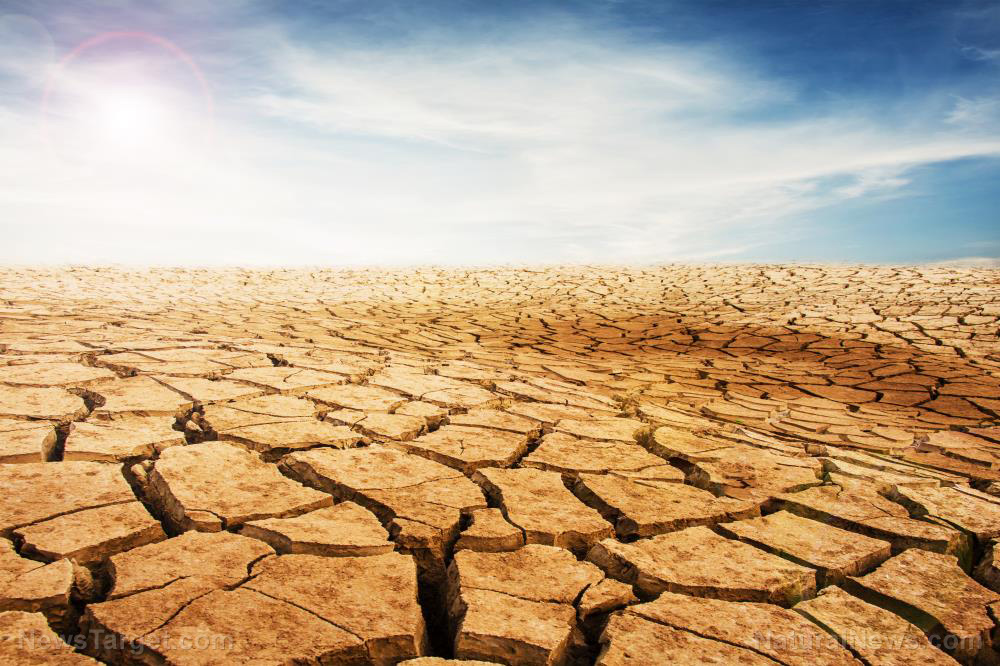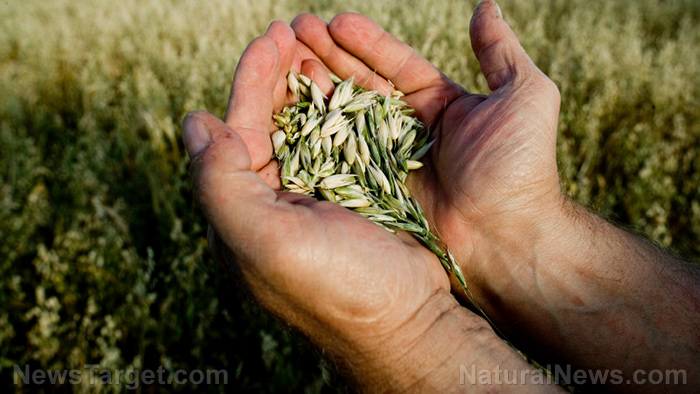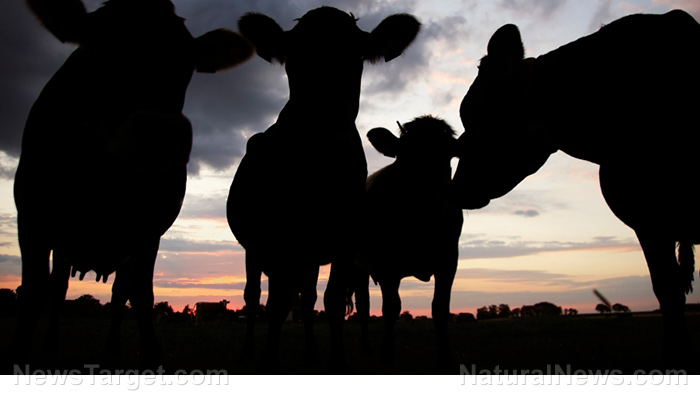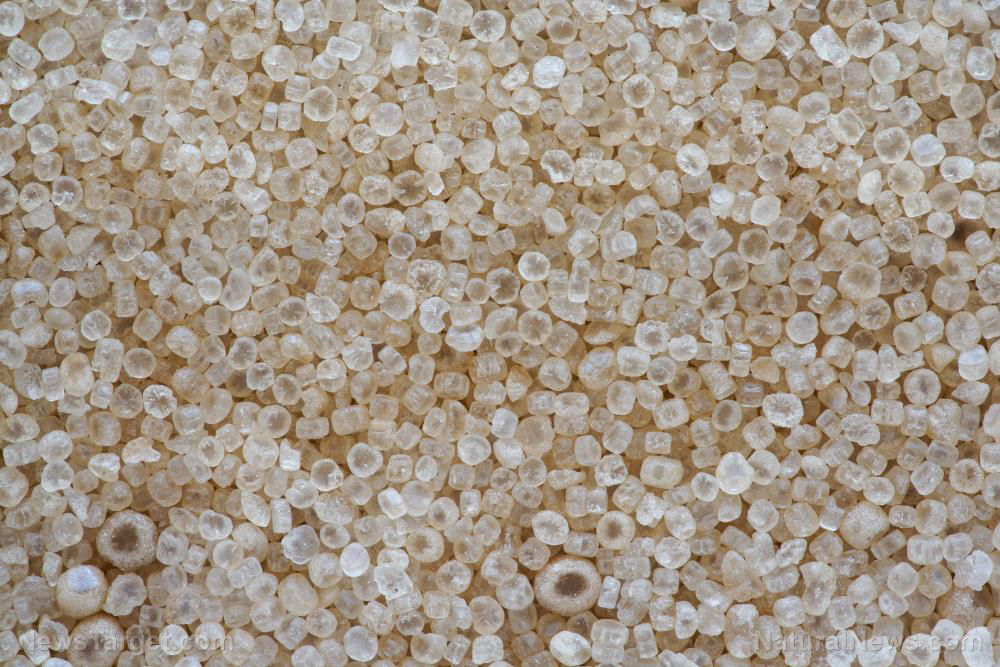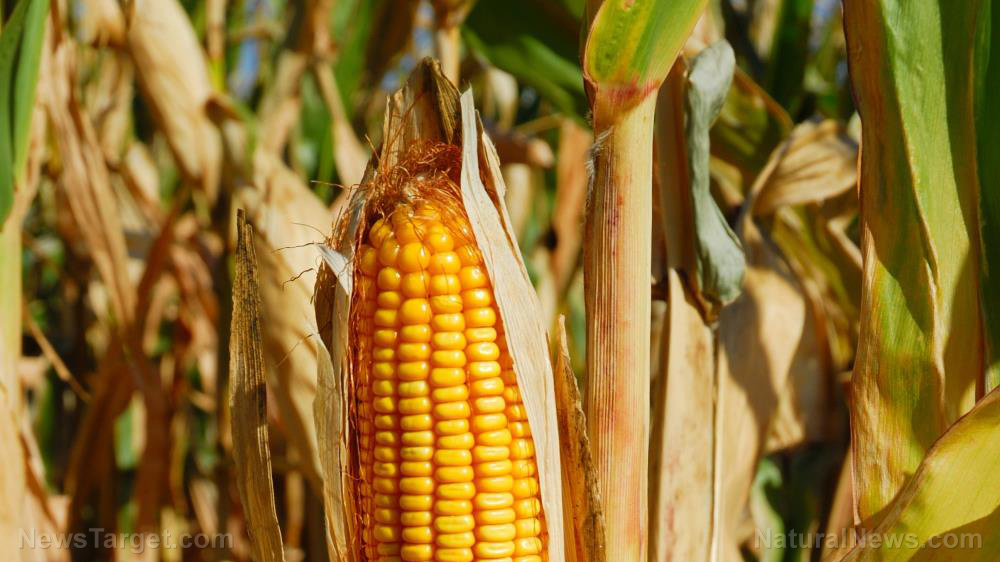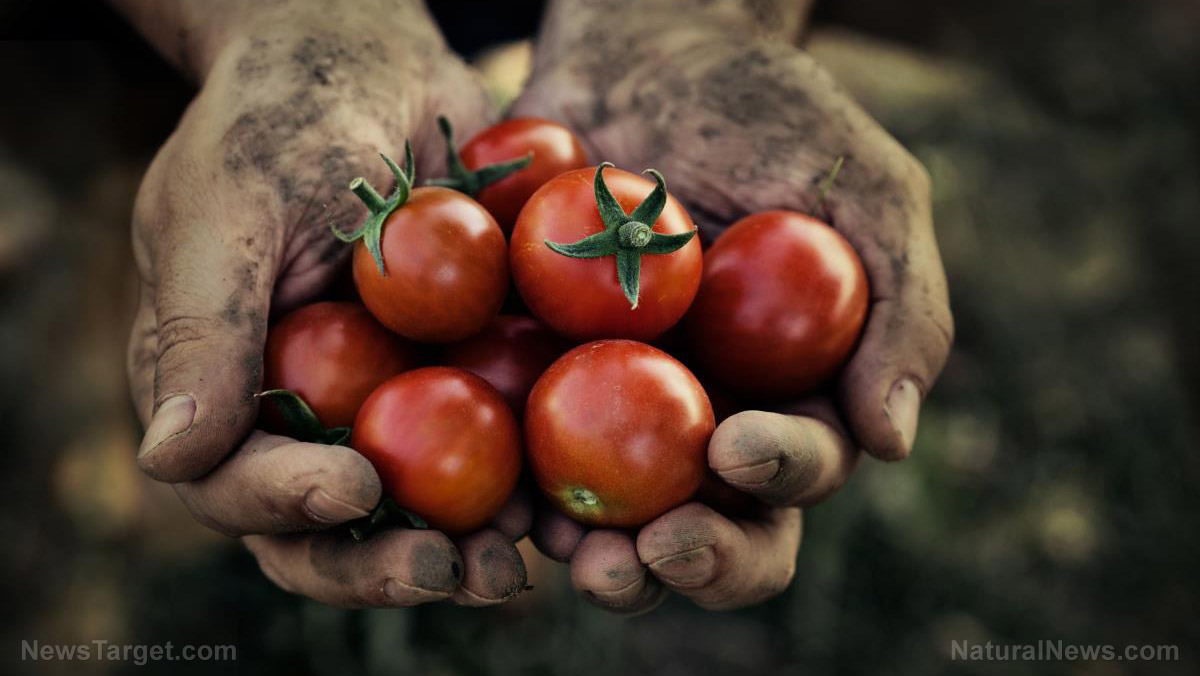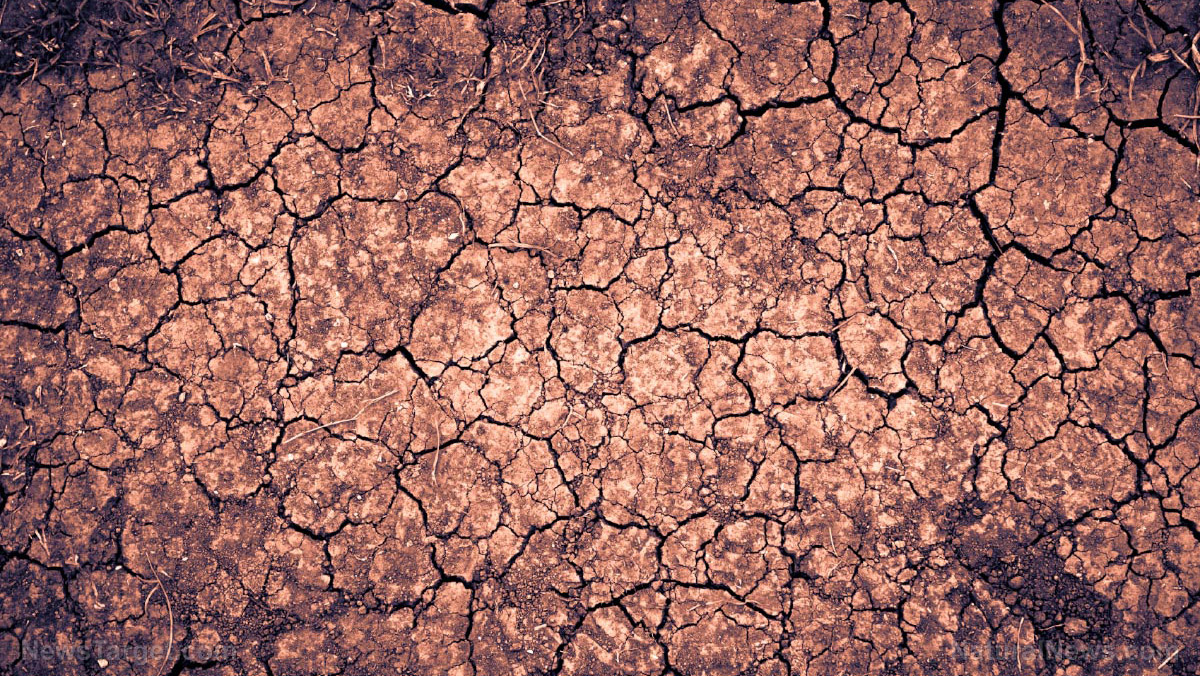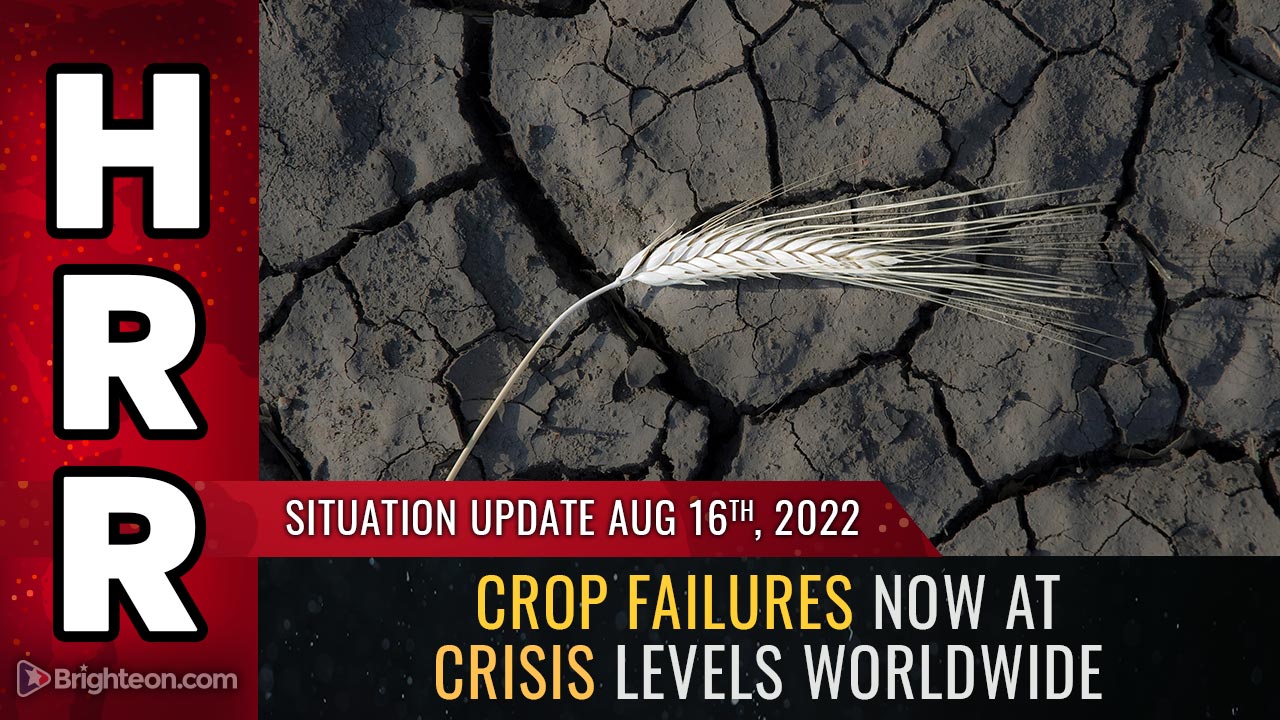Western crops being ravaged by “truly biblical” swarm of cannibalistic insects
07/06/2022 / By Ethan Huff

Extreme heat and drought conditions across much of the Western United States are taking the blame for an insect plague that is reportedly ravaging already fragile food crops that the country relies on for sustenance.
Described as a “‘truly biblical’ swarm of cannibalistic insects” by Accuweather, the plague involves massive numbers of Mormon crickets that appear every eight years or so and absolutely devastate everything in their path.
Millions of dollars have been spent over the years trying to mitigate them and prevent these explosive bursts of destruction that they cause, but to no avail.
From Montana to Nevada and every state in between, these nasty critters are eating whatever they can find during an already difficult year marked by food shortages, inflation and other economic and social turmoil.
“Native to North America, Mormon crickets got their name in the 1800s when these giant insects ruined the fields of Mormon settlers,” reported Accuweather.
“These insects are not true crickets; they are actually shield-backed, short-winged katydids that resemble fat grasshoppers that cannot fly, according to the University of Nevada, Reno‘s College of Agriculture, Biotechnology and Natural Resources.”
Mormon crickets devoured 10 million acres of rangeland in Oregon last year
Each cycle during which Mormon crickets appear in large numbers seems to bring with it ever-worsening devastation. The media blames “climate change,” of course, but perhaps this is more of a biblical situation.
Billions of Mormon crickets can cause serious economic and ecological losses. And their appearance this year seems to be a perfect storm type of situation when considering everything else the world is also facing all at once.
Researchers say that these insects travel together, covering at least a quarter of a mile per day. As they eat up vegetation, not only are crops left ruined but also other natural agricultural patterns such as erosion, water runoff, and nutrient cycling.
Skye Krebs, a rancher in Oregon, called the situation “truly biblical” in an interview with the Associated Press (AP), explaining that just last year alone, the critters destroyed some 10 million acres of rangeland in the Beaver State.
Once Mormon crickets get done consuming the plants, they then devour each other as they are cannibalistic in nature. The things really are a plague, and the government is spending millions trying to figure out a solution.
Under a new state initiative, private landowners such as ranchers and farmers can request that the Oregon Department of Agriculture (ODA) survey their land and apply chemical treatment – but only with expressed permission from the landowner.
Public land does not apply, which is problematic in a state like Oregon where large swaths of public land blanket the landscape. The federal government is in charge of much of Oregon’s public land, and it has its own protocol for dealing with these types of outbreaks.
“Since the 1980s, the USDA’s Animal and Plant Health Inspection Services (APHIS) has sprayed millions of acres with pesticides to control the Mormon cricket and grasshopper populations across the Western third of the country,” Accuweather explained.
“Last year, APHIS National Policy Director William Wesela said the agency sprayed 807,000 acres of rangeland across seven Western states.”
Mormon crickets are technically not crickets at all. Their real name is shield-backed katydid, but they started being referred to as Mormon crickets following the first known outbreak in Salt Lake City, Utah, back in the 1880s, according to Jordan Maley, an agent from Oregon State University Extension, who volunteers time to help eradicate these pests.
More related news about this topic can be found at Plague.info.
Sources for this article include:
Submit a correction >>
Tagged Under:
agriculture, biblical, cannibalistic insects, collapse, crops, disaster, drought, ecology, environment, famine, food collapse, food scarcity, food supply, heat, hunger, insects, plague, prophecy, starvation, swarm
This article may contain statements that reflect the opinion of the author
RECENT NEWS & ARTICLES
FoodRationing.news is a fact-based public education website published by FoodRationing News Features, LLC.
All content copyright © 2021 by FoodRationing News Features, LLC.
Contact Us with Tips or Corrections
All trademarks, registered trademarks and servicemarks mentioned on this site are the property of their respective owners.


